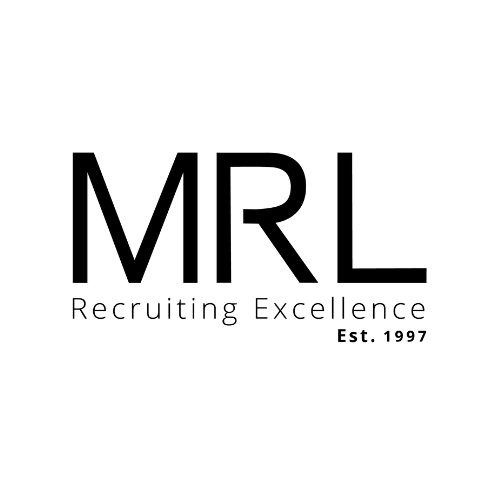How to recruit for experience when the technology is new
02 Apr, 20195 minutesWhen a new technology emerges and gains momentum, many businesses jostle to get a slice of t...

When a new technology emerges and gains momentum, many businesses jostle to get a slice of the market. But that requires talented people to work on such technology - and they don’t come with decades of experience.
The skills shortage makes this worse
The skills shortage in many industries means that companies have to be more creative when recruiting. Instead of looking solely for people with direct experience, you can get a much more diverse talent pool by casting your net wider.
That wasn’t a play on words either, companies can also boost their diversity by considering people whose lack of direct experience would usually rule them out. In some high-demand markets, such as data science, finding the perfect fit for a project is like searching for a needle in a tech stack. It’s a candidate’s market, so unless you have a big budget and generous benefits package on offer, you’re unlikely to find the exact specialist you think you need – but that doesn’t mean another candidate won’t surprise you.
Some skills are time-limited
Many skills that are in demand now may fast become redundant; data cleansing, for example, takes up 80 per cent of a data scientist’s time. In the future, however, much of this will be automated. Therefore, when hiring a data scientist, you don’t necessarily want to look at their ability to process and format data. Instead, consider their commercial acumen and ability to communicate with clients.
The need for transferable skills
Which leads us to transferable skills. These include ‘soft’ skills such as teamwork, communication and empathy. Indeed, as AI and automation gain traction, it is the more ‘human’ skills such as empathy that will become in-demand.
Then there are skills that are relevant to the role. In emerging fields, this may be linked to a similar technology or computing language. For instance, many data scientists may use Matlab coding when studying, but commercially may be required to use Python or R. Their inexperience with R shouldn’t exclude them, as they understand the important fundamentals of data science and can learn the rest on-the-job.
Similarly, there is a growing field around how robots and self-driving vehicles understand where they are in physical space. This new field lacks specialists in spatial AI, however, organisations can consider candidates from similar fields such as LIDAR.
Hiring the right attitude
Expressing a desire to learn and grow in a role can be a better indicator of success than experience. A candidate who shows enough transferable skills and an enthusiasm to learn can develop into a strong employee. Asking about someone’s long-term goals can also determine whether a recruit is a good fit for your organisation. Especially if their ambitions are a natural evolution of the technology you plan to use.
Instilling confidence
Sometimes, employers need to convince candidates that they can do a role without direct experience. This is especially true for women, as they often won’t apply for jobs that they aren’t 100 per cent qualified for.
Many factors to consider
In the race to take advantage of new technology, you cannot always rely on experience alone. There are many factors that create a great employee, including their ability to learn, work in a team and focus on the finish line. It’s better to look for a candidate in a similar field who can grow into a role, than wait for someone to turn up in 10 years’ time with the perfect background. The technology will not have waited, organisations shouldn’t either.
Are you struggling to fill a role involving emerging technology? We specialise in filling niche roles across the globe within microelectronics and semiconductors, autonomous driving, AI and software.
Please get in touch with us today.



